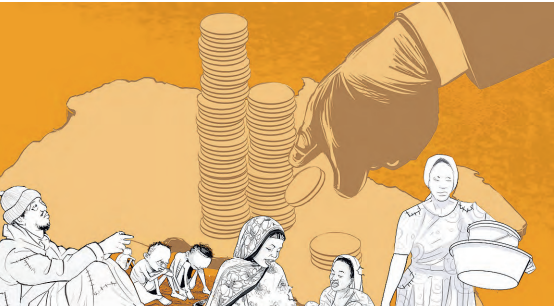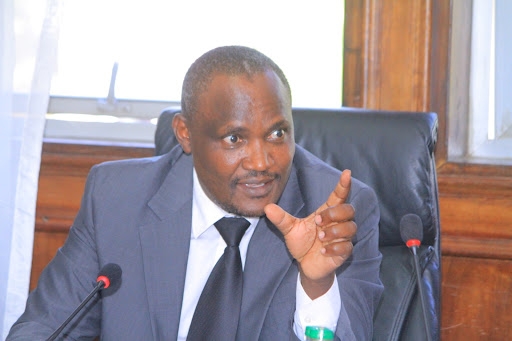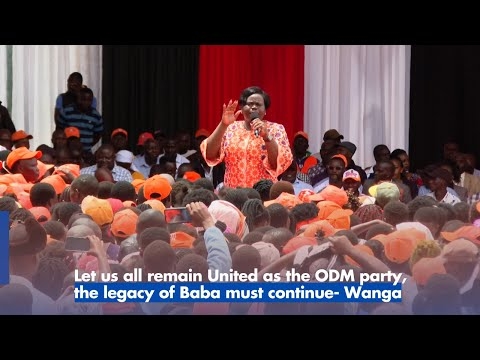

Over the past 30 days or so, I have read two interesting articles both dealing with the same subject: how to end Africa’s dubious distinction of being the world’s poorest continent.
Phrased differently, I would say that the topic was how to bring about the economic miracles that have already been witnessed in both China and India; two countries that have famously brought hundreds of millions of people out of poverty.
India is recorded as having brought about 400 million people out of ‘multidimensional poverty’ over the past 15 to 20 years.
Which seems very impressive until you read of China having brought about 800 million people out of extreme poverty in the past 40 years.
No matter which country you use as an example, the unavoidable conclusion is that it is possible to end poverty in sub-Saharan Africa which, after all, has ‘only’ about 400 million people living in extreme poverty.
The question then is how best to do this.
And that is what the two articles I mentioned tackled.
The first article was in ‘ the Economist’, an influential magazine published in the UK, but with a global readership.
It had the rather presumptuous title, ‘ the capitalist revolution Africa needs.’.
According to this article, at the core of this necessary revolution would be ‘free markets’ and as such, the best way forward would be that “African leaders will have to embrace business, growth, and free markets. They will need to unleash a capitalist revolution.”
I would have dismissed this conclusion as one of those half-baked ideas that are so often heard being put across by learned professors at various conferences (of which I have attended my share) but then I remembered something else I had read.
It was in an excerpt from the memoir of the former German Chancellor Angela Merkel published late last year.
In this excerpt, she mentions that when planning for visits to Africa, she had the greatest difficulty persuading German captains of industry – precisely the kind of men who made decisions on where top German corporations would invest hundreds of millions of euros – to accompany her.
They considered Africa as not really worth bothering with.
And so, the opportunities for investment and job creation that might have followed if these men had accompanied the German Chancellor on her visits to Africa, never happened.
Now the second article was a column in this very newspaper, written by a former Deputy Governor of the Central Bank of Nigeria by the name of Kingsley Moghalu.
The title here was ‘Fixing Africa’s governance challenges must come first’.
And it was obviously the result of far deeper reflection than the article in the Economist.
Dismissing most African elections as ‘ritualistic’ and unlikely to bring about any lasting change, the author instead focuses on the need to “strengthen state capacity [through] competent technocratic government and strong institutions.”
This to me seemed to get closer to the heart of the matter than any references to “business, growth, and free markets”.
To take a uniquely Kenyan example, I would ask: Why do we continue to have such potentially disastrous and bitterly contested presidential elections?
The reason obviously is that we have never had an electoral commission that could be defined as a ‘strong institution’ run by competent technocrats.
And why is it that ever since Kenya created a Supreme Court to make decisions on any appeals made by losing presidential candidates, we have had a marked drop in the violence that previously went hand in hand with such rejections of presidential election tallies?
Well, it is because the Supreme Court, with all its manifest weaknesses and structural limitations, still remains, to a large extent, a strong institution, run by competent technocrats.
And if you look at any aspect of Kenyan life in which the people in charge fall far short of the expectations of ordinary Kenyans, it is this same factor which you will find to be at play.
Whether it is in the health sector; or in education; or in the supply of clean water and sanitation; or even in the building of roads: depoliticised strong institutions run by competent technocrats are always the key.














